As Black History Month continues, The Daily is putting a spotlight on some of ĐÇżŐ´«Ă˝â€™s incredible Black faculty members. As leaders in their fields, they share salient—and often groundbreaking—work in books, journals, media outlets and, of course, enlightening courses.
Here’s a look at a few recent books—in no particular order—written by some of ĐÇżŐ´«Ă˝â€™s Black faculty members.
1. Black Privilege: Modern Middle-Class Blacks with Credentials and Cash to Spend
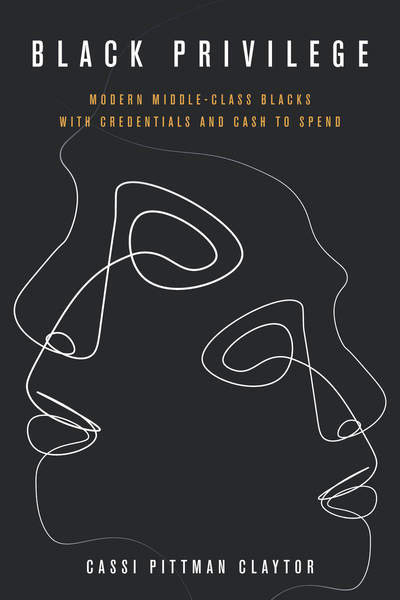
Author: , the Climo Junior Professor of Sociology and acting co-director of the African and African American Studies minor in the College of Arts and Sciences
New York City has the largest population of Black Americans out of any metropolitan area in the United States. It is home to a steadily rising number of socio-economically privileged Blacks. In Black Privilege: Modern Middle-Class Blacks With Credentials And Cash To Spend, Pittman Claytor examines how this economically advantaged group experiences privilege, having credentials that grant them access to elite spaces and resources with which they can purchase luxuries, while still confronting persistent anti-black bias and racial stigma.
2. America the Beautiful and Violent
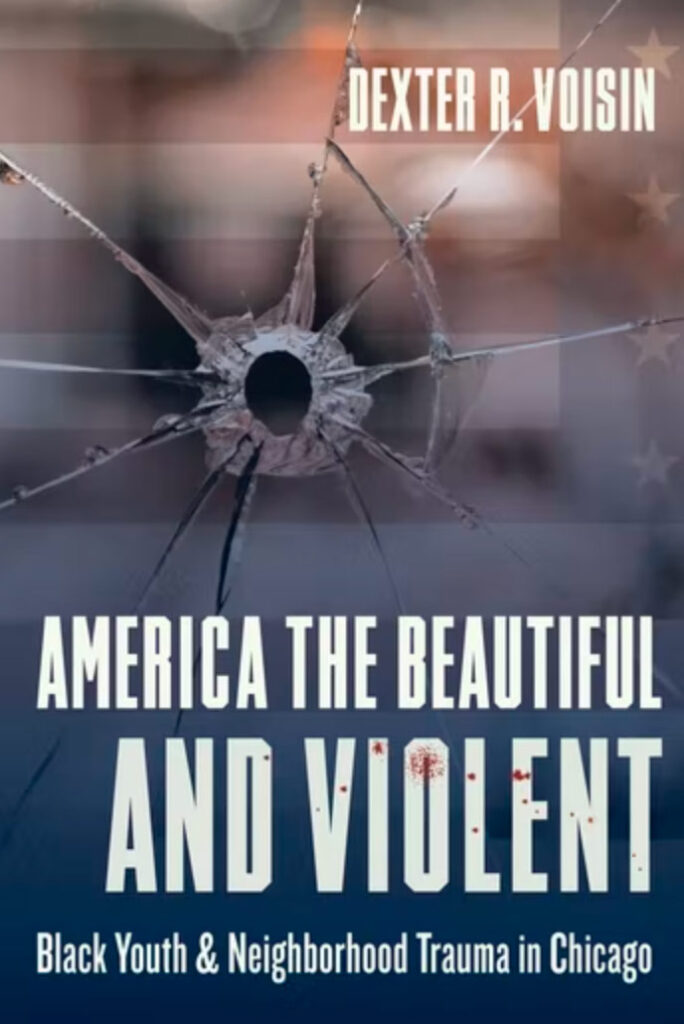
Author: Dexter Voisin, dean of the Jack, Joseph and Morton Mandel School of Applied Social Sciences
Widespread media narratives portray an epidemic of neighborhood violence in urban areas—often ignoring the structural explanations advanced by community organizers fighting violence and activists such as those in the Movement for Black Lives. In this book, Voisin provides a compelling and social-justice-oriented analysis of current trends in neighborhood violence in light of the historical and structural factors that have reproduced entrenched patterns of racial and economic inequality.
3. Integrating the Inner City: The Promise and Perils of Mixed-Income Public Housing Transformation
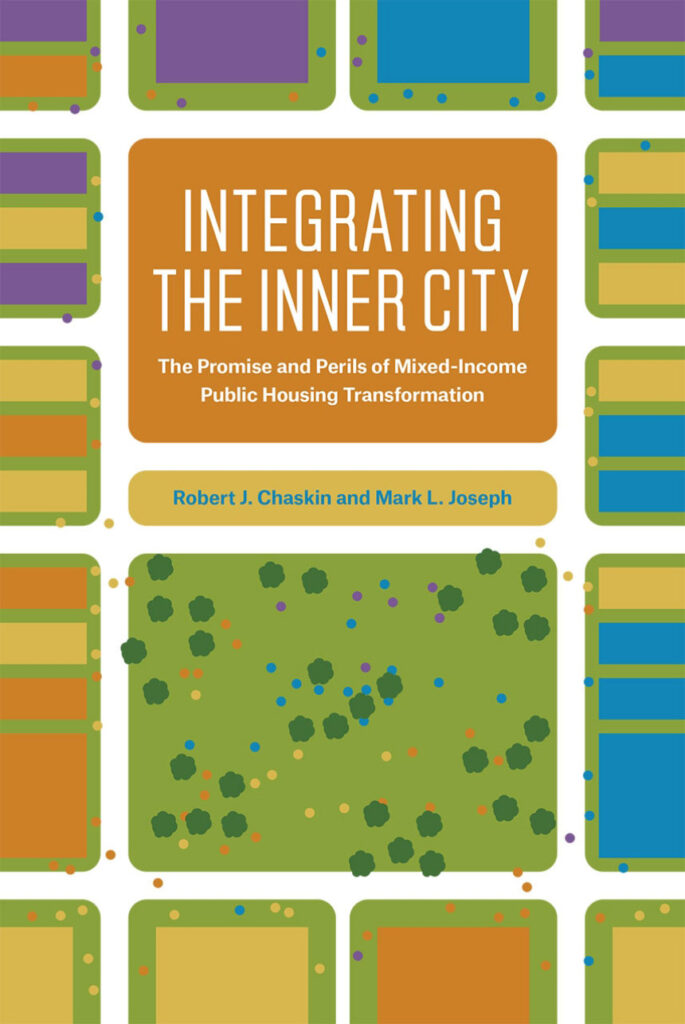
Authors: Mark L. Joseph, Leona Bevis/Marguerite Haynam Professor of Community Development at the Jack, Joseph and Morton Mandel School of Applied Social Sciences, and University of Chicago’s
For many years, Chicago’s looming large-scale housing projects defined the city, and their demolition and redevelopment—via the Chicago Housing Authority’s Plan for Transformation—has been a startling change in the city’s urban landscape in the last 20 years. The plan, which reflects a broader policy effort to remake public housing in cities across the country, seeks to deconcentrate poverty by transforming high-poverty public housing complexes into mixed-income developments and thereby integrating once-isolated public housing residents into the social and economic fabric of the city. But is the plan an ambitious example of urban regeneration or a not-so-veiled effort at gentrification?
In a thorough examination of mixed-income public housing redevelopment, Chaskin and Joseph draw on five years of field research, in-depth interviews and volumes of data to demonstrate that, while considerable progress has been made in transforming the complexes physically, the integrationist goals of the policy have not been met. They provide a textured investigation into what it takes to design, finance, build and populate a mixed-income development, and they illuminate the challenges and limitations of the policy as a solution to urban poverty.
4. Crimson Heights
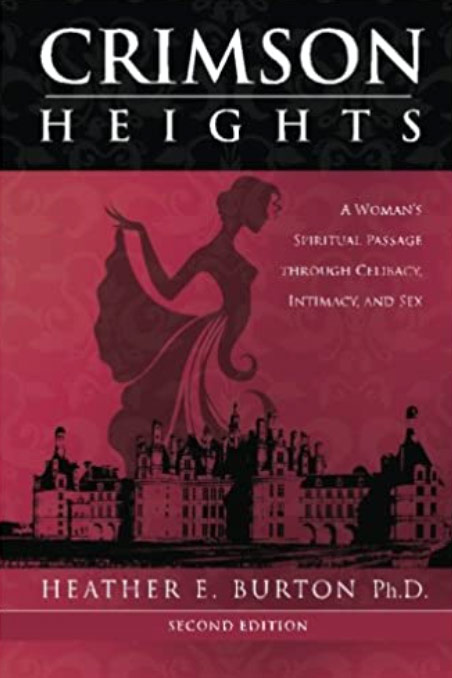
Author: Heather E. Burton, senior director for faculty and institutional diversity in the Office for Inclusion, Diversity and Equal Opportunity; acting co-director for the African and African American Studies program; and adjunct faculty in theater and social work
Crimson Heights is a fictional depiction of the issues Christian women face in the dating world. Kennedy, Reign, Alexis, Kayla, Amber and Reagan represent the hierarchy of women at Crimson Heights Performing Arts Center. Their challenges personify the moral and spiritual decisions women of all ages battle in managing intimate relationships. The center’s executive director, 32-year-old Kennedy Johnson, has made a vow of celibacy, but her convictions are challenged when she is confronted with past indiscretions and finds chemistry with professional basketball player Orray Phillips. Kennedy’s 16-year-old student, Reign Curry, tackles her own spiritual trials after meeting Todd, a manipulative, smooth-talking 18-year-old. The story crescendos after a positive swab test reveals a possible death sentence for one of the characters.
5. Helping People Change: Coaching with Compassion for Lifelong Learning and Growth
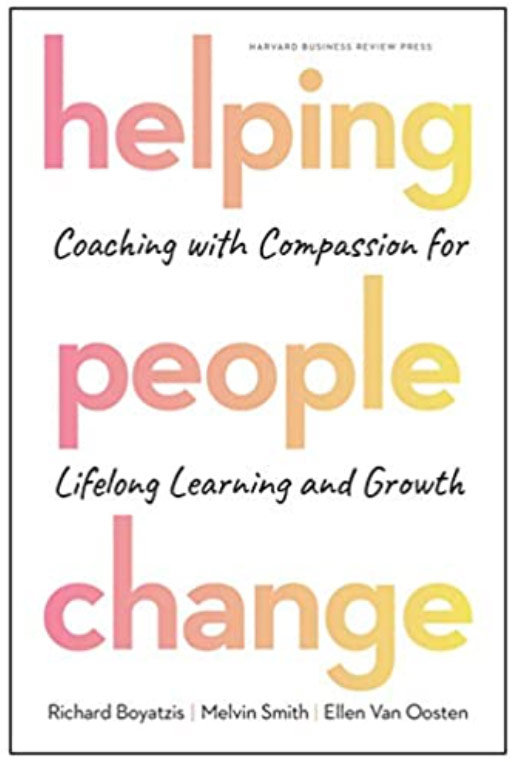
Authors: Weatherhead School of Management’s , professor of organizational behavior and faculty director of executive education, along with , the H.R. Horvitz Professor of Family Business and Distinguished University Professor, and , associate professor of organizational behavior and faculty director of executive education
You’re trying to help—but is it working? Helping others is a good thing. Often, as a leader, manager, doctor, teacher, or coach, it’s central to your job. But even the most well-intentioned efforts to help others can be undermined by a simple truth: We almost always focus on trying to “fix” people, correcting problems or filling the gaps between where they are and where we think they should be. Unfortunately, this doesn’t work well, if at all, to inspire sustained learning or positive change.
There’s a better way. In this powerful, practical book, Boyatzis, Smith and Van Oosten present a clear and hopeful message. The way to help someone learn and change, they say, cannot be focused primarily on fixing problems, but instead must connect to that person’s positive vision of themselves or an inspiring dream or goal they’ve long held.
6. African American Female Mysticism: Nineteenth-Century Religious Activism (Black Religion/Womanist Thought/Social Justice)
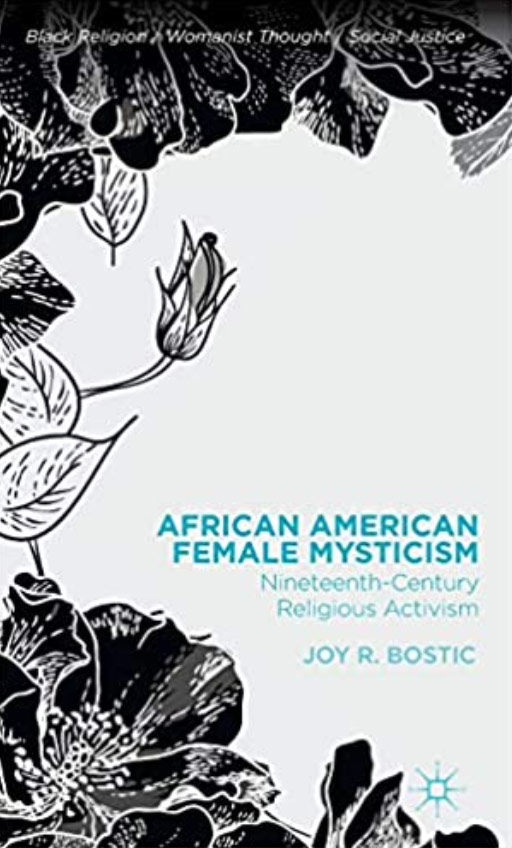
Author: , associate dean for diversity, equity and inclusion, and associate professor in the Department of Religious Studies in the College of Arts and Sciences
African-American Female Mysticism: Nineteenth Century Religious Activism is an important book-length treatment of African-American female mysticism. The primary subjects of this book are three icons of Black female spirituality and religious activism—Jarena Lee, Sojourner Truth, and Rebecca Cox Jackson.
Book descriptions provided by the authors.
This story appeared in on Feb. 24, 2022.


